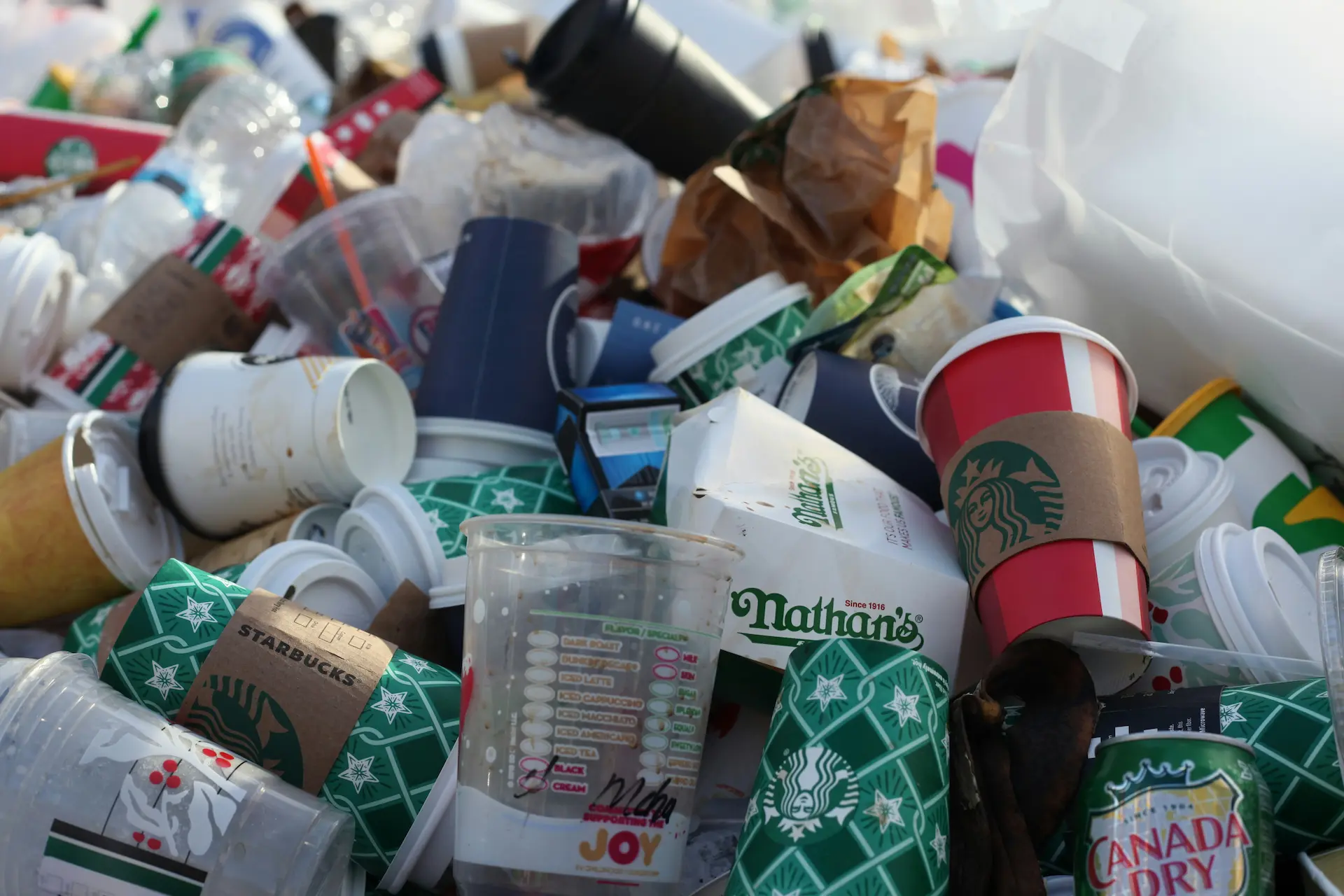Life Cycle Assessment (LCA) consulting
Gain precise and detailed insight into the full environmental impact of your product, from raw material extraction, production, transport, and use to final disposal. Fully compliant with ISO 14040 and ISO 14044.


ISO 14040 / 14044
Product Environmental Footprint (PEF)
Transparent on your impact




















































.webp)


